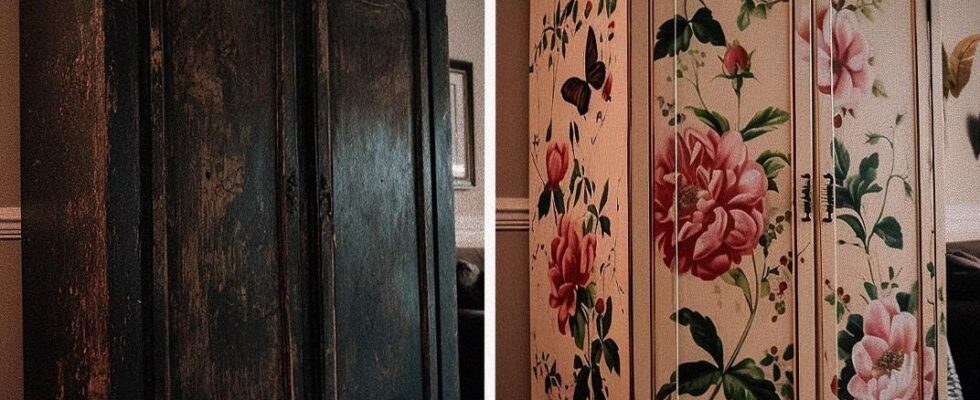I’m Patsy, 30, a part-time artist and full-time peacekeeper… or at least, I used to be—until Vanessa, my sister-in-law, crossed a line I didn’t know I had. One sweltering Thursday afternoon, as I stood in the kitchen with paint still under my nails and dinner simmering on the stove, my phone buzzed.
I glanced at the screen, expecting a normal catch-up text. Instead, Vanessa’s voice cut through the routine like glass: “Patsy, I need this ugly junk out of my house. Today.” That “junk” turned out to be Grandma Rose’s armoire—a family heirloom that Vanessa called clutter. The words stung.
Grandma Rose wasn’t just anyone; to me, she was warmth, tradition, her lullabies, her apple butter, her whispered blessings—and now, her legacy was being dismissed with a careless wave.
Vanessa didn’t offer; she commanded. She insisted I pay to move the piece, haul it away, and do whatever I wanted. “Burn it for all I care,” she added with that chilling finality. I hesitated—but didn’t argue. Collecting the armoire felt like honoring Grandma Rose more than any word could. When it finally arrived at my home, it looked battered and weary: scratched panels, slightly stained wood, squeaky hinges. Yet, to me, beneath the damage, a hidden beauty remained. The solid oak still glowed in the light, the carved details were gentle reminders of the past, and every surface whispered history.
I spent the following days sanding, refinishing, and restoring the piece—my hands blistered, my energy tested, but my heart full. As the paint came off and the oak’s warm hues returned, the armoire looked alive again, proud and radiant. My husband, Daniel, watched me and smiled. “Let’s bring Grandma Rose back to life,” he told me. That’s when Vanessa returned—unexpectedly, and dramatically. She strode in, eyebrows lifted, and stared at the transformed armoire. “I want it back,” she said, voice dripping with entitlement. I felt my stomach tighten. “You told me to burn it,” I said softly but firmly.
Her reply was cold. “Well, I didn’t think you’d turn it into that. It’s mine—it was Grandma’s.” I set the piece firmly in its place, eyes steady. “You gave it away. I paid to move it. I restored it. It’s part of my home now.” Vanessa’s face twisted into a snarl. “You owe me. Or I’ll tell the family you stole it.” That was her demand. It wasn’t about an armoire—it was about power, control, and manipulation. My pulse thrummed. But I refused to be intimidated. I had her messages, I had receipts, and I had the truth. Most importantly, I had Grandma Rose’s spirit reflected in every polished groove and carved curve of that wood. Vanessa stormed out shortly after, slamming the door in a final act of unfinished rage. I stayed behind, tracing the carvings with gentle fingers and thinking of Grandma Rose—her quiet strength, the comfort of her presence, her love. That armoire had bloomed under my care, no longer battered but deeply beloved. The piece was more than furniture; it was legacy. And I had honored it.
